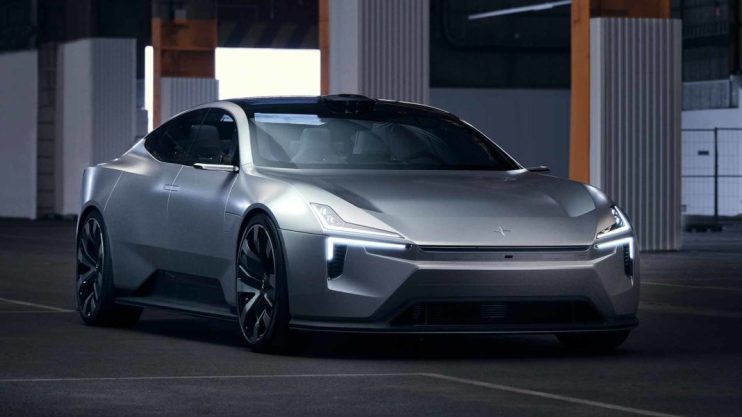Drivers won’t back EVs as they are ‘scared of change’, ‘Europe’s Tesla’ boss warns

Drivers “scared of change” are behind the slowing shift to electric vehicles (EVs), the boss of the company dubbed ‘Europe’s Tesla,’ has said.
In an interview, Polestar’s chief executive Thomas Ingenlath, said: “To tell you the truth, I think that [it is about] being open for innovation and the future technology.
“I see far too many people hesitating with that and being scared of change. That is just not a good recipe for the future.”
Polestar was founded by Volvo in 2017 in partnership with the Chinese automaker Geely. However, Volvo recently announced plans to reduce its stake in the company amid a share price slump, putting at risk up to 450 jobs.
Ingenlath told the Telegraph rivals were putting the brakes on their electrification plans were falling into a “trap” and would be left at a competitive disadvantage.
“There’s an incredible threat and danger if you don’t embrace future innovation and believe in that technology – the electric drivetrains, the innovation in battery, the innovation in modern electronics and software.
“If you don’t participate in that and think you can wait, and customers are ready for it, it’s an incredible trap.”
It comes amid fears that the EV roll-out could be slowing due to high prices and the lack of availability of charge points.
A string of carmakers including Mercedes and Aston Martin have voiced concerns over consumer’s desire to make the switch. Aston Martin has delayed the launch of its first electric car until 2026, with chairman Lawrence Stroll blaming soaring prices for the decision.
Ingenlath said: “Of course, as a pure electric company, we are convinced electric propulsion is a technology which is superior.
“It’s not a question of being electric or being a combustion engine: this is a question of who has that convincing, great product. I definitely think that is worth the battle and we will win this.”
Volvo’s former parent company has seen consistent growth in recent years, registering 12,500 cars in 2023, up from 7,300 in 2022.
But shares have fallen in part because of cooling EV demand and it remains unprofitable.